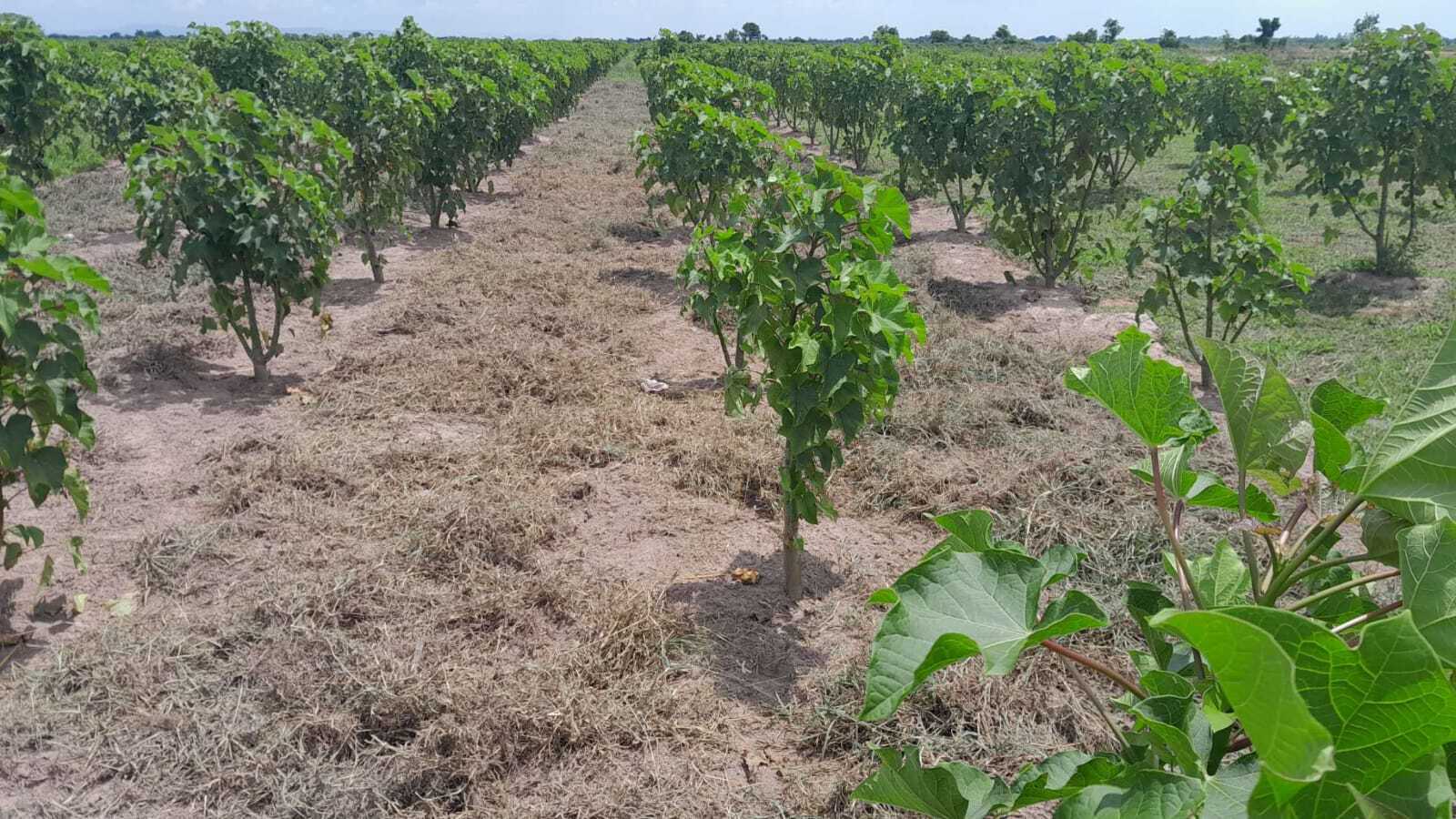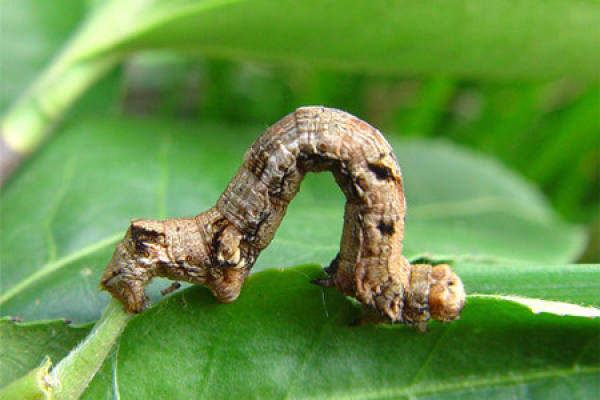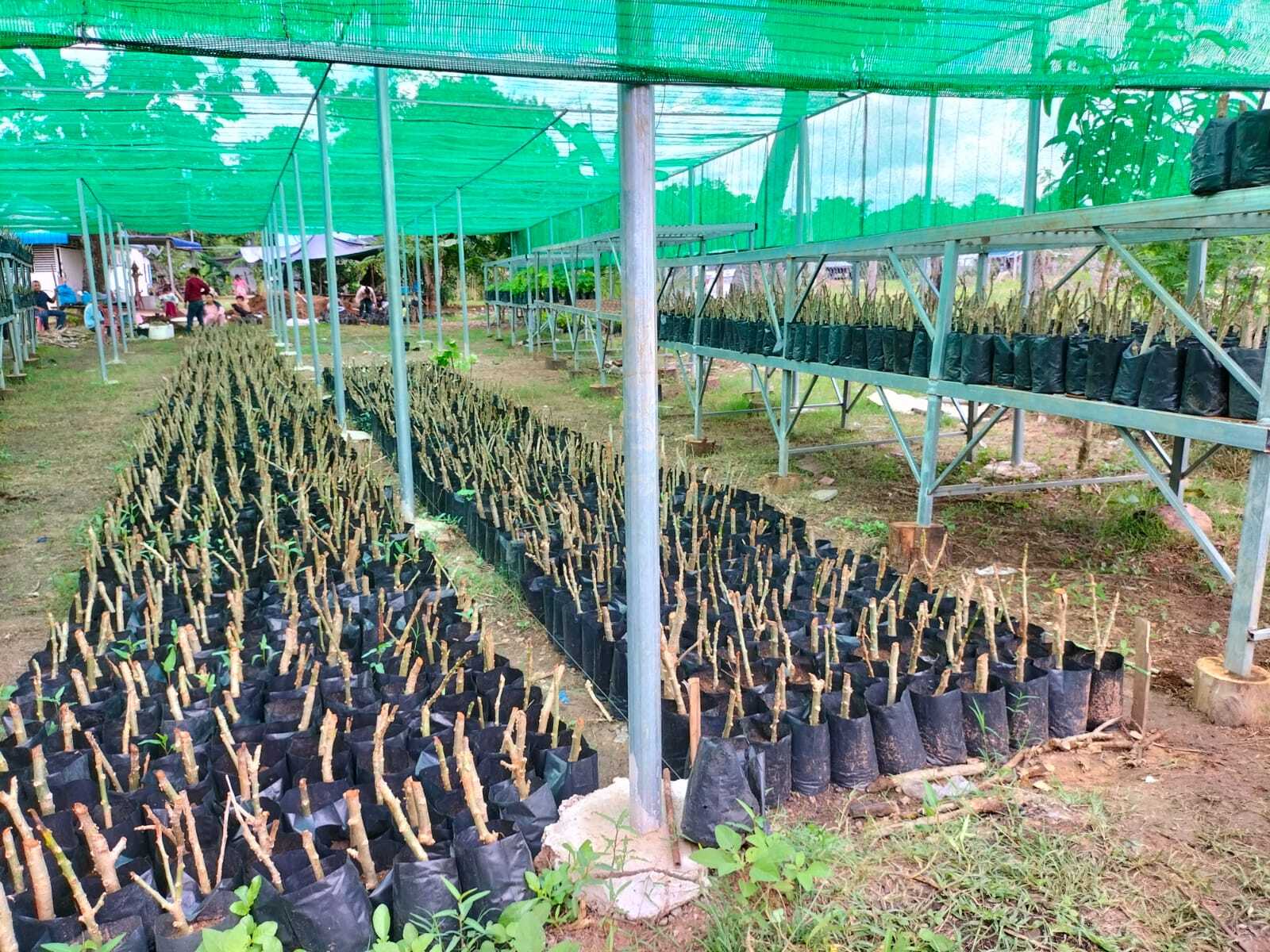Uses of Jatropha Seeds



Soil Improvement: Jatropha seed cake, when applied to the soil as a natural fertilizer, can enhance soil fertility. It acts as an organic matter source, improving soil structure, water retention, and nutrient availability. This makes it beneficial for both agricultural and horticultural applications.
Traditional Medicine : In some traditional medicinal practices, Jatropha seeds have been utilized for their potential therapeutic properties. They are believed to possess antimicrobial, anti-inflammatory, and analgesic properties, among others. However, it’s important to note that further scientific research is necessary to validate these claims and determine safe and effective uses.


Pest Control: Extracts derived from Jatropha seeds have shown potential as natural insecticides and pesticides. They can be used in agricultural settings to control pests and reduce reliance on synthetic chemical agents.
Biodiversity Conservation : Jatropha plants, which produce the seeds, have been recognized for their ability to thrive in marginal and degraded lands, requiring minimal water and nutrient inputs. As a result, they can contribute to the restoration and reclamation of such areas, promoting biodiversity conservation and ecological balance.


Jet Bio-Fuel :
- An aviation biofuelor bio-jet fuel or bio-aviation fuel (BAF) is a biofuelused to power aircraft and is said to be a sustainable aviation fuel (SAF). The International Air Transport Association (IATA) considers it a key element to reducing the carbon footprint within the environmental impact of aviation. Aviation biofuel could help decarbonize medium- and long-haul air travel generating most emissions, and could extend the life of older aircraft types by lowering their carbon footprint.
- Biofuels are biomass-derived fuels from plants or waste; depending on which type of biomass is used, they could lower CO2emissions by 20–98% compared to conventional jet fuel. The first test flight using blended biofuel was in 2008, and in 2011 blended fuels with 50% biofuels were allowed in commercial flights. In 2019, the IATA was aiming for a 2% penetration by 2025.
- Aviation biofuel can be produced from plant sources such as Jatropha, algae, tallows, waste oils, palm oil, Babassu, and Camelina(bio-SPK).
- Sustainable biofuelsdo not compete with food crops, prime agricultural land, natural forestor fresh water. They are an alternative to electro fuels. Sustainable aviation fuel is certified as being sustainable by a third-party organisation.

